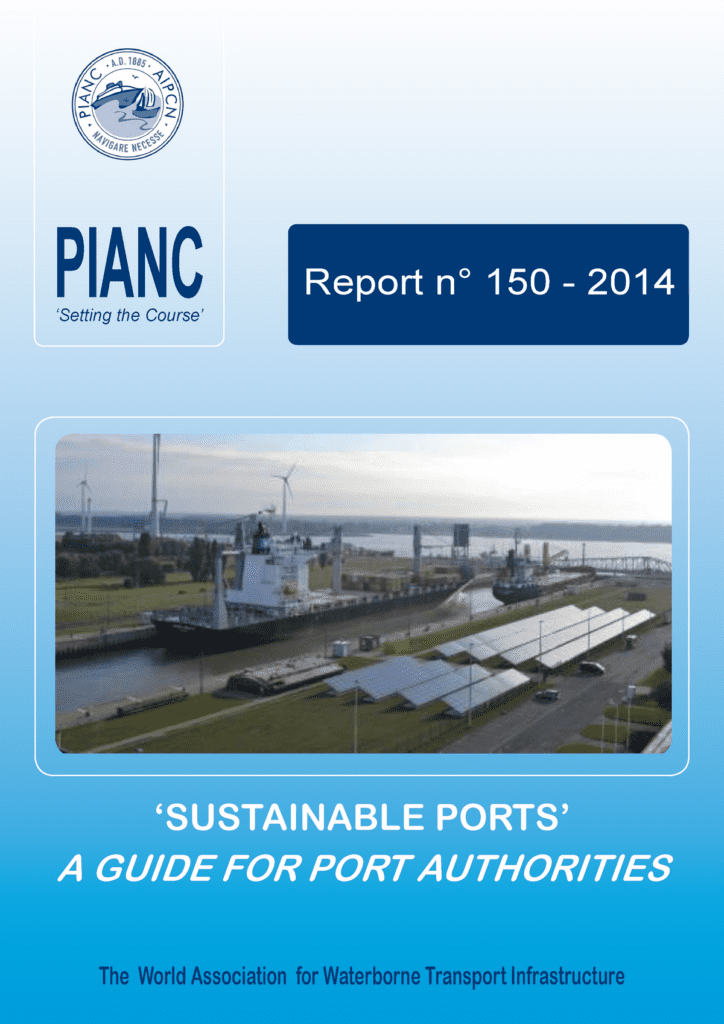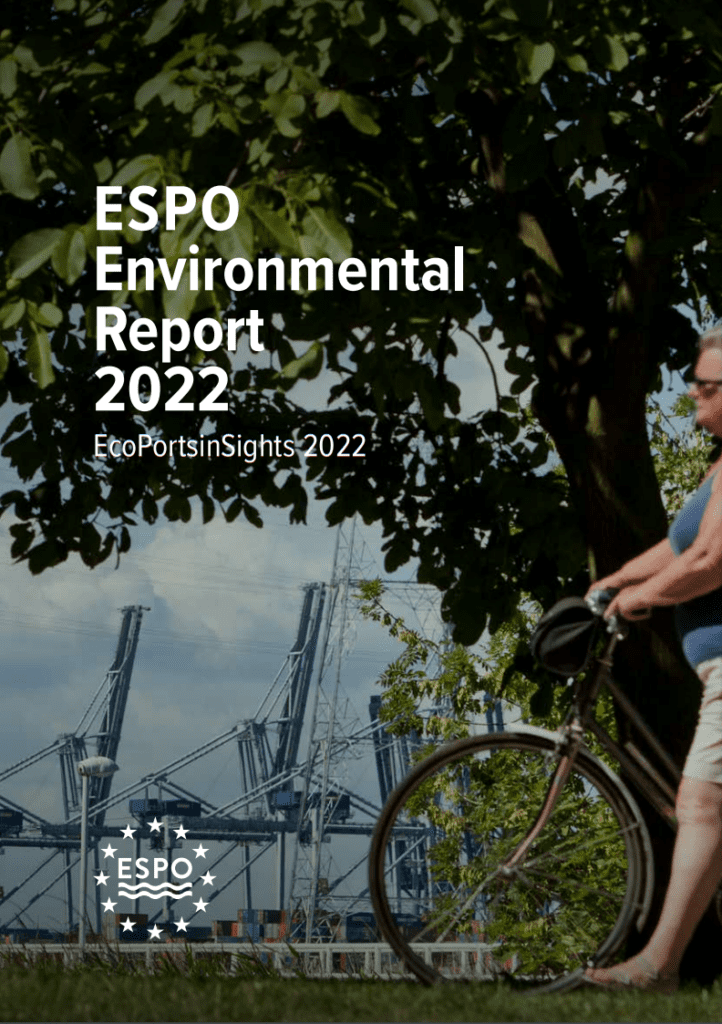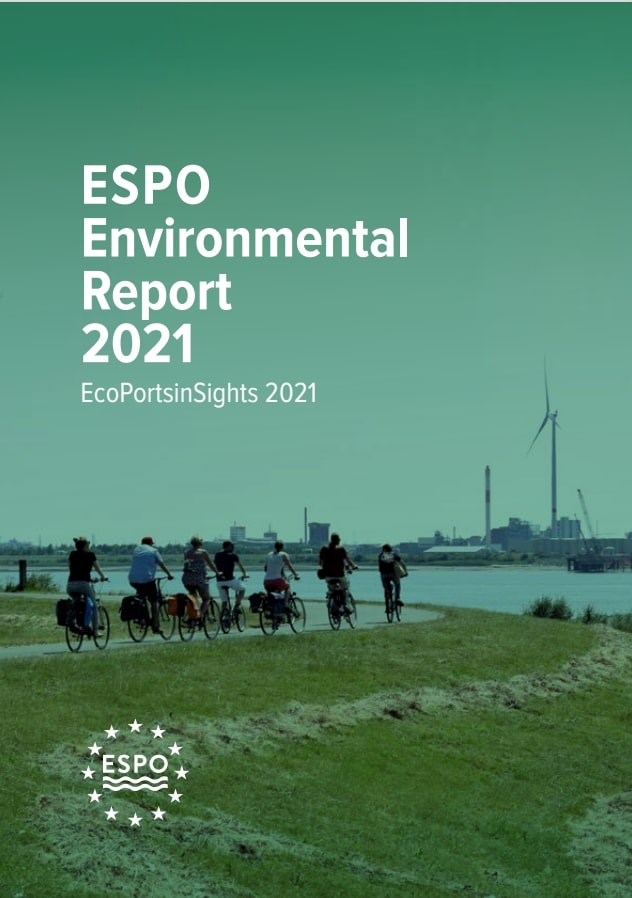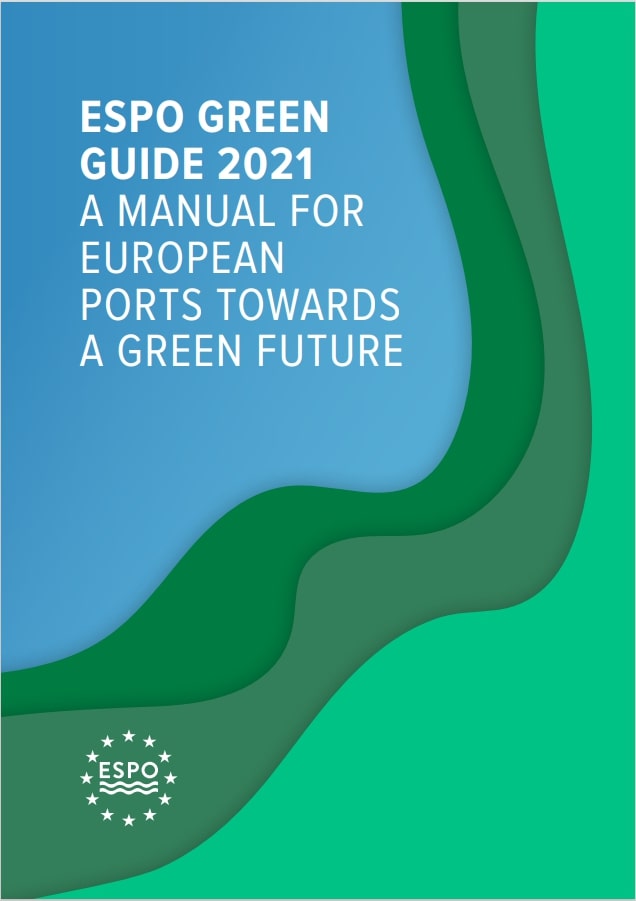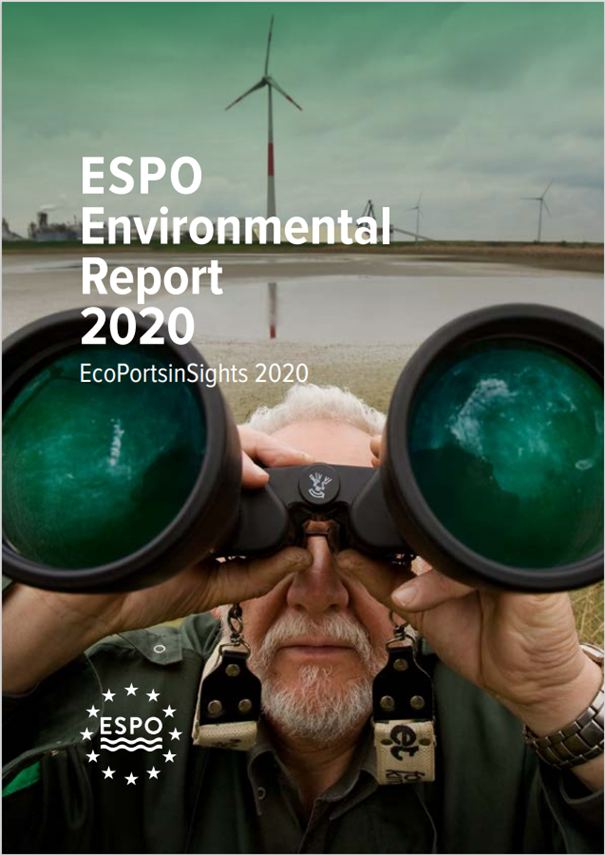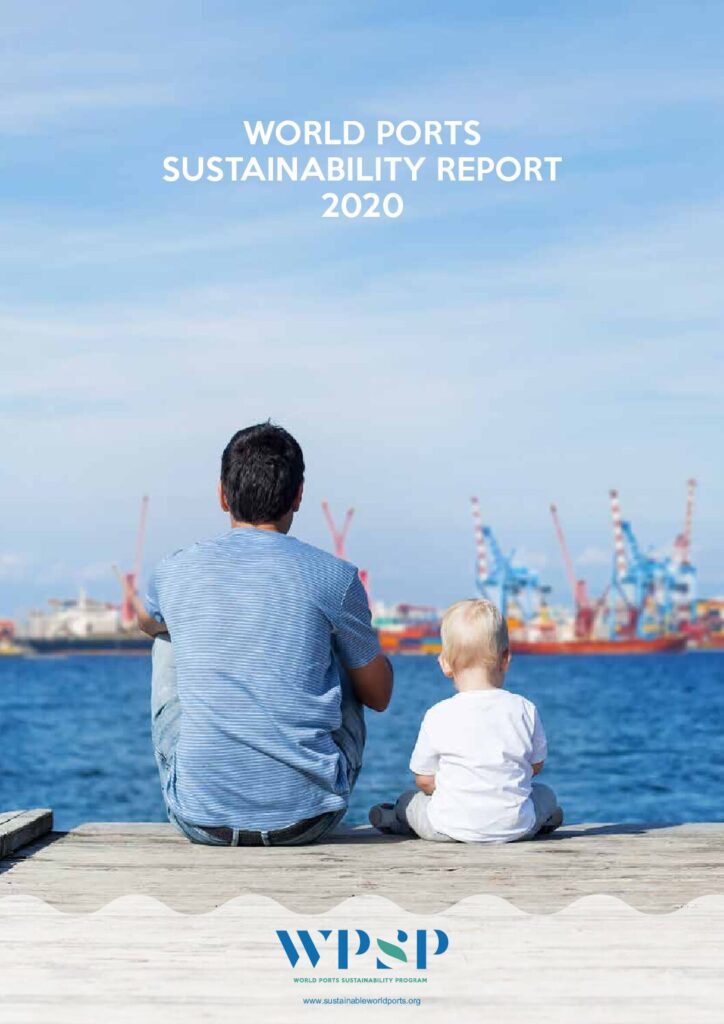Sustainable Ports – A Guide for Port Authorities
Ports are central points or hubs in the transport network. And its industrial and business areas add value to the transported goods. Increasingly, they are also centres of energy production (and consumption) and ports of departure for the offshore industry. This report has its focus on the sustainable development and green growth of ports and the related logistic chain and added value activities.
The purpose of this report is to create awareness about the advantages of implementing a green port philosophy and about what this philosophy means at present for ports and port authorities around the world and community support for port growth. This will be done by supplying tools and guidance that show how proactive environmental measures and strategies can contribute to obtaining consent for future operations and developments, how opportunities can be created through own initiatives (thereby remaining ahead of legislation) and how green growth can be realized.
Accordingly, this report aims to contribute to the shift of thinking away from a reactive ‘ports or nature/environment’ approach towards a proactive ‘ports and nature/environment approach’, away from an approach based on short-term thinking towards an approach starting from a long-term vision. Indeed, if we don’t know where we want to go, it makes very little difference that we make great progress.
The Green Port concept not only changes the role of the port authority and its tenants and stakeholders, but also the way in which operations are done. Under this concept, a port operates proactively and beyond legislation in a way based on a long-term vision.
Key elements in this concept are:
- Long-term vision which strives towards an acceptable footprint on environment and nature
- Transparent stakeholder participation and stakeholder approved strategies to operate and grow
- Shift from sustainability as a legal obligation to sustainability as an economic driver (economic development and sustainable development as complementary factors)
- Active sharing of knowledge with other ports and stakeholders
- Continuous striving towards innovation in process and technology
Key issues that will be dealt with are:
- Environmental quality (soil, water, air and noise)
- Habitat and integrity of ecosystems
- Energy efficiency and energy transition (from fossil towards clean fossil towards renewables)
- Materials and waste management
- Climate change mitigation and adaptation
- Stakeholder participation and corporate social responsibility
- Co-operation with private sector, public authorities, NGOs, academic world and other ports
A port authority in itself does not produce many impacts on the environment, most are the result of the tenants’ operations, i.e. companies and industries operating in and around the port area and related transport logistics companies. However, the port authorities influence the extent of the impacts through the drafting of sustainable port rules and regulations to which operators need to adhere. But also the port authority’s own activities should be included in the sustainability work, not only to set the rules and influencing others to reduce the environmental impact. But as well as an example, showing tenants and customers how a company can work with sustainability. Furthermore, the Port Authority can be the leader or catalyst to assist with the transformation on sustainability (create new facilities to handle cleaner energy sources or renewable energy, plan new access corridors, etc.)
Not included in the scope of the report are safety and security. Although in a holistic approach they need to be integrated, the report will not deal with these issues. The report mainly focuses on the green aspects of port development and port operation from a sustainability perspective.
